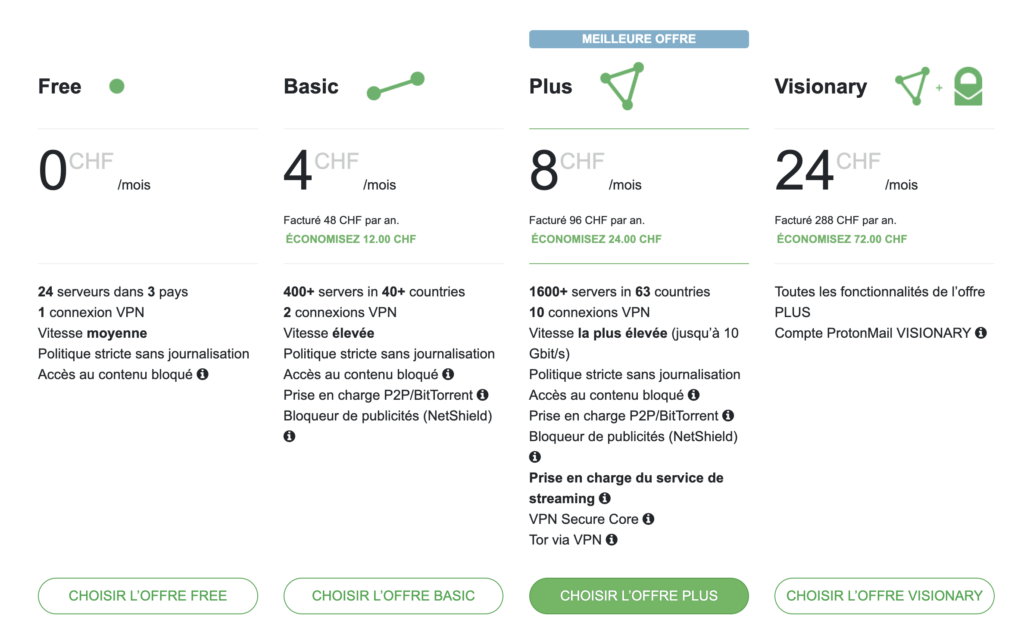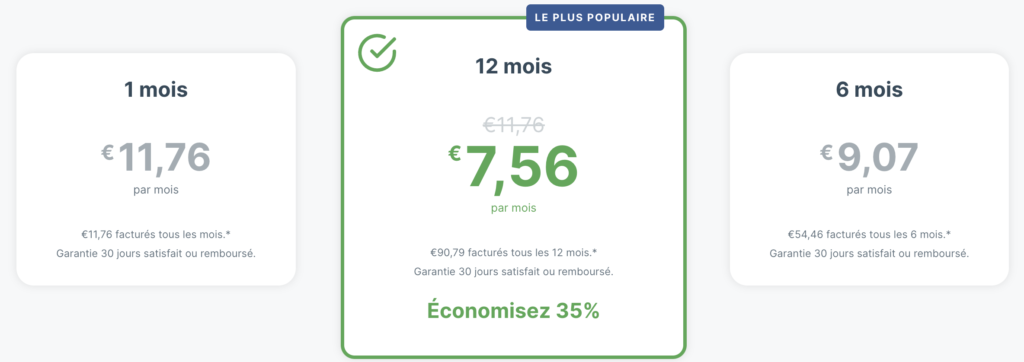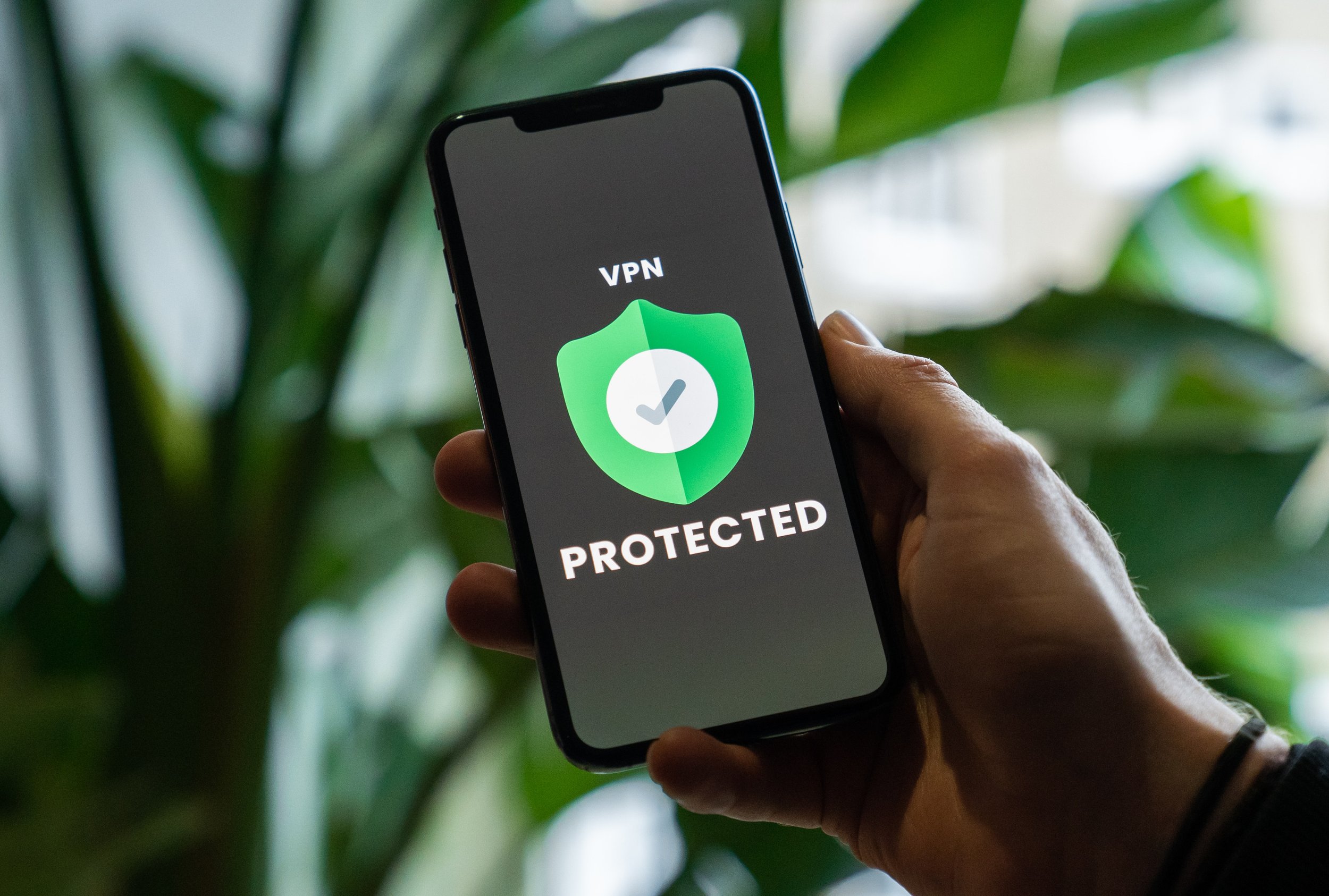CAN A VPN HELP SECURE YOUR DATA?
WHAT IS A VPN (in video)?
IS USING A VPN LEGAL?
In a large majority of countries, the use of a VPN is legal, but there are several cases where such solutions are subject to conditions or even prohibited. For example, in China, you must use VPNs accepted by the authorities and many providers are blocked by the Great Firewall. Other countries are stricter, such as the United Arab Emirates, where the use of a VPN is formally prohibited, as well as in Iraq, Turkey or the Sultanate of Oman, for example.
Source : Pourquoi utiliser un VPN (Virtual Private Network) et comment le choisir ? – Les Numériques
WHY USE A VPN?
SAFETY
To secure a public Wifi network, such as in a café, a restaurant, a hotel, an airport… These open networks are easily accessible to hackers and consequently, your computer connected to these networks also becomes vulnerable to attacks.

CONFIDENTIALITY
Keep your browsing data private (history, IP address of your device…).
FREEDOM
Having access to services or websites that are not available in the country where you are located.
For example, I cannot access the Arte channel live from Switzerland 
DIFFERENT VPN SERVICES
 As a ProtonMail user, I chose ProtonVPN as my VPN client. However, you can choose between different potential clients: NordVPN, ExpressVPN…
As a ProtonMail user, I chose ProtonVPN as my VPN client. However, you can choose between different potential clients: NordVPN, ExpressVPN…
ProtonVPN was born from the desire to secure the online privacy of journalists or activists located in countries that could not guarantee it. Not to mention these extreme cases, taking precautions to further secure our confidential data is a bit like taking care of your health: better safe than sorry, as the saying goes.
We sometimes forget that a huge part of Internet traffic takes place via smartphones (54.61% in April 2021). It is therefore also advisable to use a VPN on your smartphone, as this prevents your ISP (or mobile service provider) from monitoring your online activity or knowing the real IP address of your device.
If you have a Smart TV (TV connected to the Internet), you can also configure a VPN to ensure the privacy of your personal data. Because yes, just like any other connected technology, your Smart TV shares your data… It also allows you to access the content catalogs of streaming sites outside your country of connection.
Similarly, some VPN clients allow installation directly on your router.
RATES
A VPN is often paid, at least in a full version. For example, here are the rates of 3 of the best rated clients.
For your information, I indicate in brackets the country in which the service is legally attached (relevant data protection legislation).
PROTONVPN (SWITZERLAND)

NORDVPN (PANAMA)

EXPRESSVPN (VIRGIN ISLANDS)


